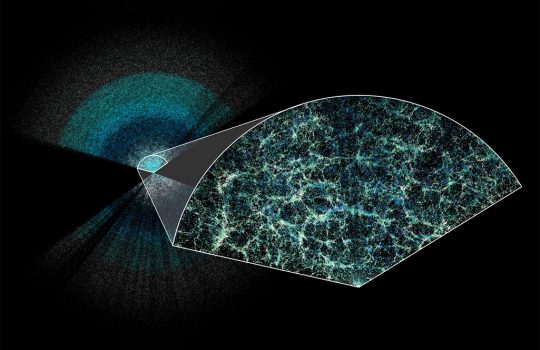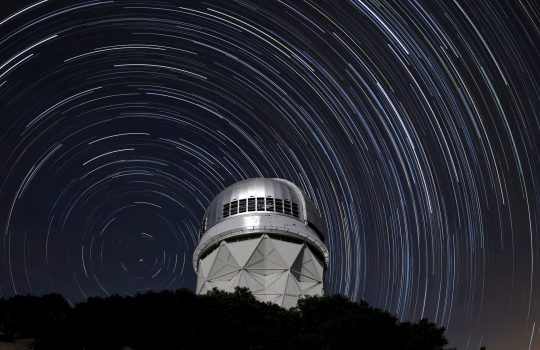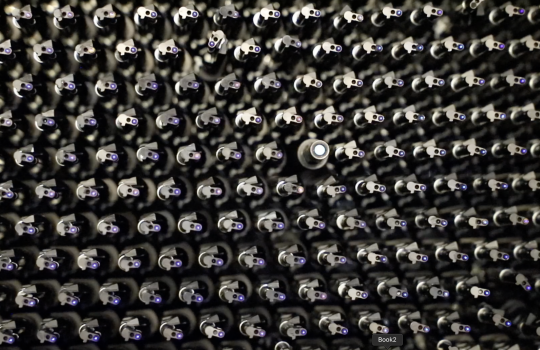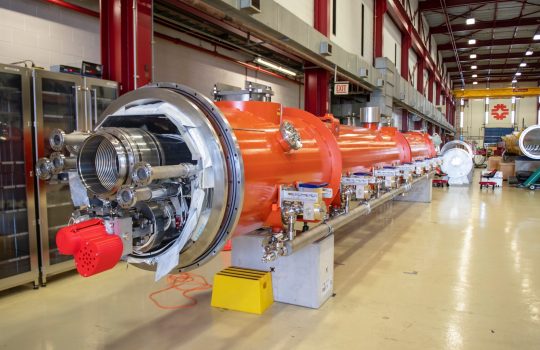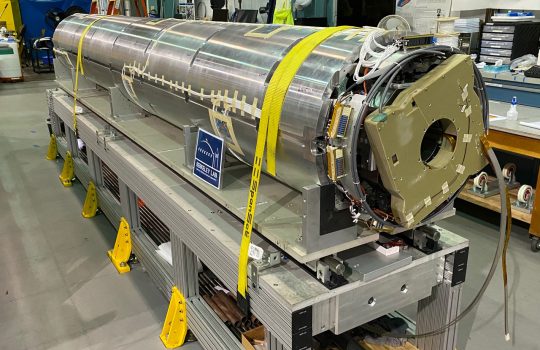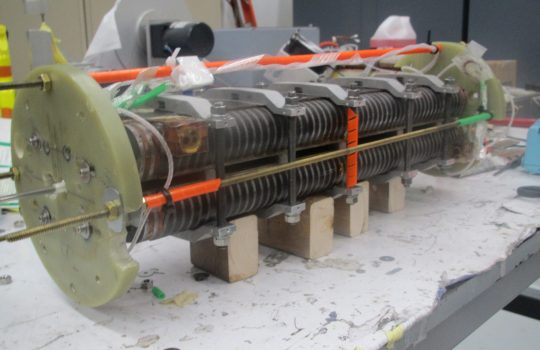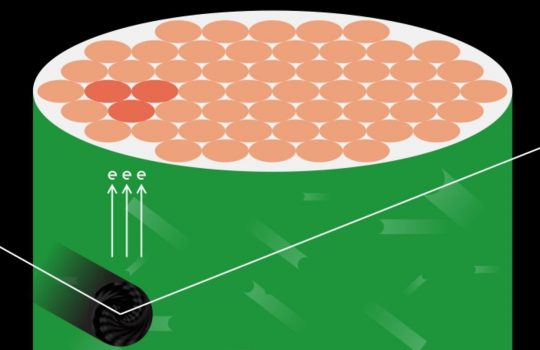First results from DESI make the most precise measurement of our expanding universe
Researchers have used the Dark Energy Spectroscopic Instrument to make the largest 3D map of our universe and world-leading measurements of dark energy, the mysterious cause of its accelerating expansion.

